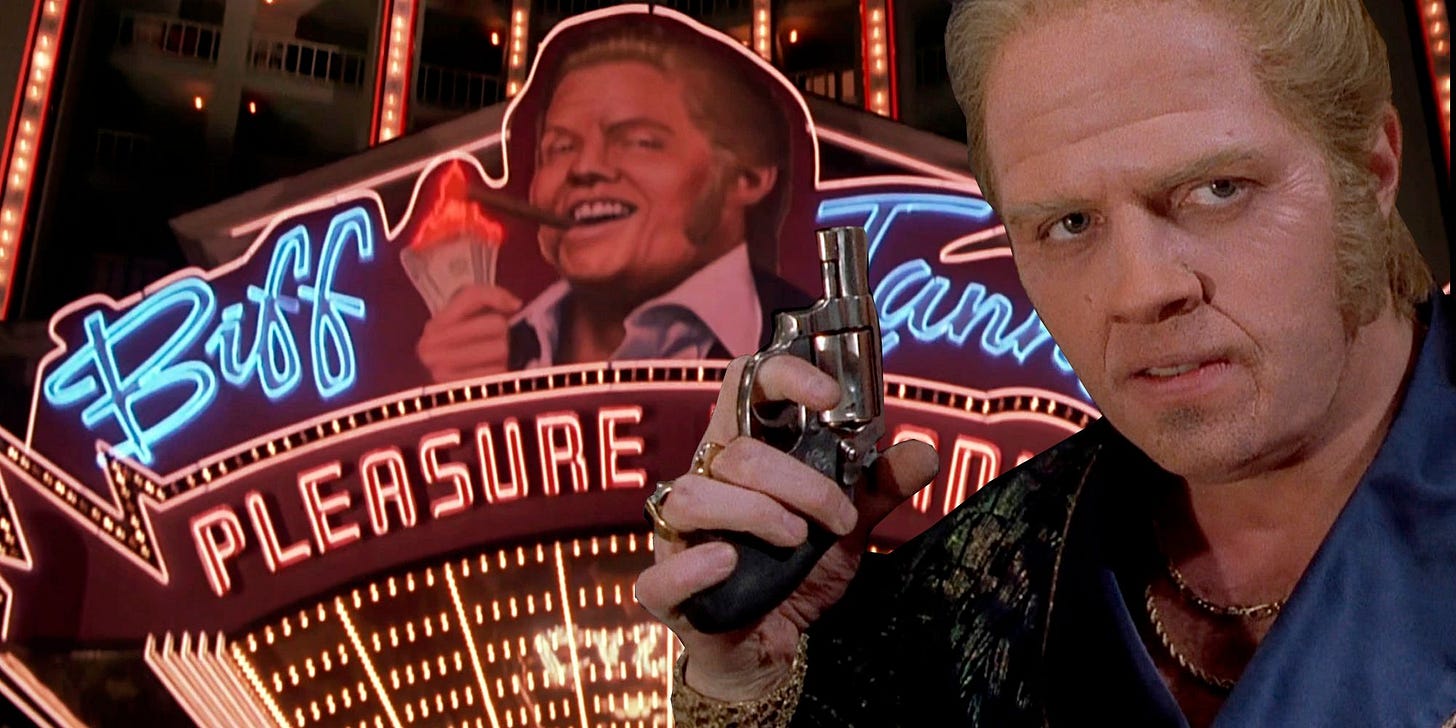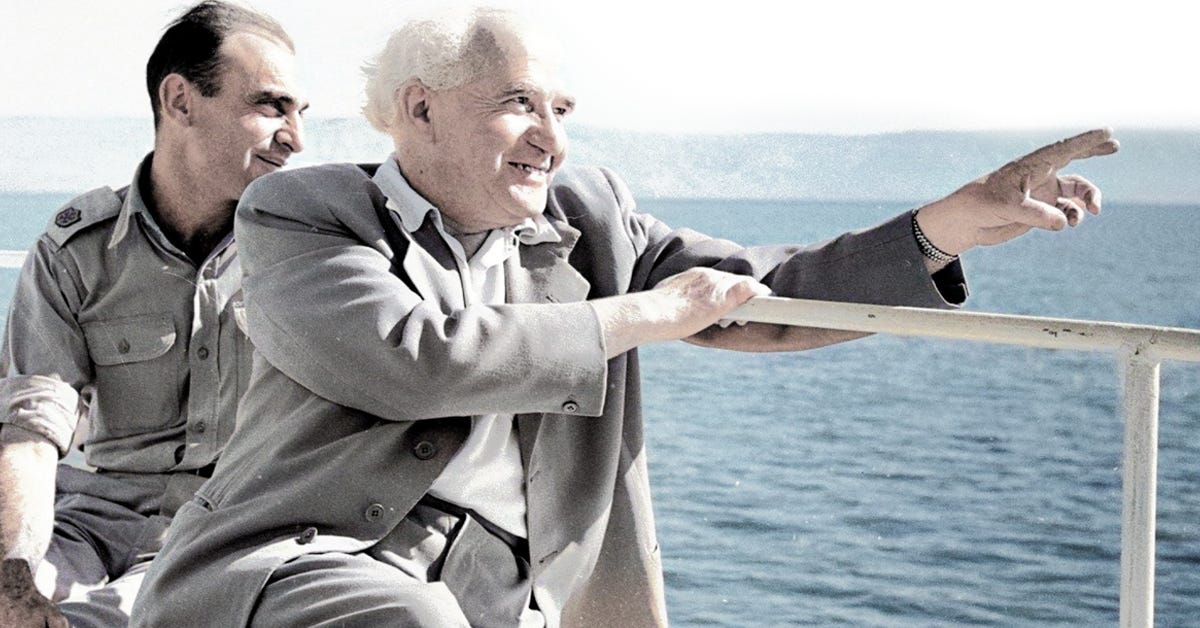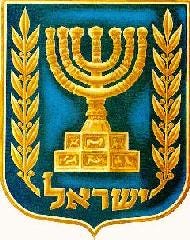Tomorrow morning, we will read the Torah portion called “Tetzaveh” or “Command.” The first lines go as follows:
God told Moses, “You will command the Israelites to bring you clear olive oil crushed for the luminary, to kindle the lamp regularly. Aaron and his sons will set up the lighting apparatus in the Tent of Meeting outside the Curtain concealing the Ark of Testimony, before God, ensuring that the lamps burn from later afternoon until morning.
This will be an eternal duty of the Israelites throughout their generations.
What you just read is the commandment from God for the Jewish people to feed the everlasting flame of the Menorah. If you find yourself in shul tomorrow, look for the little flickering light that most synagogues have near the ark where the Torahs are kept. This everlasting light comes directly from this commandment, from this Parsha, as our eternal duty. It symbolizes the eternity of the Jewish people.
I’ve always been perplexed by the idea of the Menorah. I love the way it is described in detail in the Torah, how the exact measurements are given, how it was built, what it looked like - were the branches curved or straight? - and the history and mystery of it. What happened to it? Was it buried somewhere in Jerusalem’s depths for safe-keeping during the Roman sacking of Jerusalem in 70CE? Was it really taken back to Rome as shown on the Arch of Titus? Is it today hidden in some room of the Vatican Library today? Is it still lit? Can it be?

Maybe one day we will get an answer to these questions, but in the meantime, I take solace in the Latin phrase quae amissa salva - lost things are safe. If it is indeed lost, and if it was not captured and melted down to become Roman jewerly - then I can only hope that this symbol of Jewish endurance is lying in wait to be found at the right moment.
Travel
Assuming all goes according to plan, then God willing, I'll be traveling to Israel on Sunday. I have not been since October 7 (not for lack of trying I must say - thank you very much United Airlines) and I have a lot of mixed emotions about going. I am certainly looking forward to my trip, but it is bittersweet, for lack of a better word.
I am privileged to have this platform - Catch - through which to share my thoughts, and I hope that you’ll indulge me next week as I hopefully post more than usual throughout my few days in Israel. It will be a quick trip, but I hope to share some of what I experience and feel throughout my time there, as I go from the Gaza Envelope, to Tel Aviv, to Jerusalem, to Zichron Yaakov, and then back home via Germany, of all places.
Previous visits
My last visit to Israel was in June 2023. It was four months before 10/7, and I went to attend a conference when there was a different sort of tension in Jerusalem’s air. The judicial overhaul protests were all the rage, and were, to a certain extent, pulling Israeli civil society apart. Before I went on that trip, I wrote about it here:
Rereading that piece, my expectations and feelings are almost quaint - like reading about a totally different country than what exists today - and expecting a totally different experience than what may lay ahead in the week to come.
Though an ineloquent analogy, I sort of feel like it will be like Marty McFly returning to 1985 in Back to the Future II, when Biff has totally messed with the space-time continuum, and Hill Valley is some corrupt hellscape. The first time Marty returned to 1985, he climbed through his window and into his bed, all being great. The second time he returned however, he climed through a window into the wrong house, only to be chased out by a bat-wielding homeowner.
Now, though I don’t anticipate Israel being a hellscape by any means, I just think about how Israel may feel different this time around. I got on a place two years ago, only to return to another country now. I’ll tell you how off-base I am once I get there.
In some respects, from what I hear from those who have traveled to Israel, it is a different place with a different feeling that before. Though to others - they feel exactly the same: it is home, and home always changes in some respects, adapting to outside elements, but it is home nonetheless.
Zionist Alertness
In June 2023, I wrote this:
During WW2, when things were heating up between the British and the Jews in the yishuv, David Ben Gurion would travel from assembly to assembly preaching the idea of “Zionist Alertness.” As Tom Segev writes in his recent book A State at Any Cost, “[Ben Gurion] demanded that Palestine’s Jews “stand tall,” including to the British regime. “I am not interested in whether they love or hate us, but I want them to respect us…We will act with honor and they will respect us.””
To Ben Gurion, Zionist alertness was the notion of Zionist pride and respect. To him it was an ideological and ethical experience, and he noted, “the Jews of Palestine needed to tell the Jews of the Exile: ‘Zion, not as a lesson for the future, but for our own time.’”
Zionism, and the State of Israel that it created, can be different things to different people. As I think about my brief forthcoming trip, yes, I will be trying to find the best used bookstores in Jerusalem, the best kubbeh, and 10 minutes alone to feel the atmosphere of Jerusalem. But, what I’m really looking forward to is spending time in the Israel that I miss, that I think and write about so much, and aligning the ideals with the reality.
In my opinion, Israelis very much adhere to Ben Gurion’s ethos that respect is more important than hatred or admiration. I think the people and the country have excelled on that front. Similarly, there is much today to take from the notion of Zionist alertness, and of standing tall, whether in exile or Israel. It is the only way to stand up for ourselves.
I wrote the above at a very different time in Israel’s and Jewish history, but as I read it again today, I actually think I would write the exact same thing. That idea of Zionist alertness is alive and well today; it is needed today. In fact, it is imperative if we are to hold our heads high as Jews.
And that is where I will come full circle with my anecdote about the Menorah. The Menorah is the symbol on the crest of the State of Israel. It is not just a pretty candelabra, but it is a symbol of the eternity of the Jewish people. Of how no matter what, whether pre- or post-10/7, pre- or post-Holocaust, pre- or post-the Temple’s Destruction, the people of Israel live. And it is the people of Israel who inhabit the State of Israel. Who collect taxes and garbage, who make the rules, who build the skyscrapers, who commit the crimes, who win awards, who write the books, and who fight our wars. We are one and the same, and we are privileged - more than any other Jews in the last 2,000 years - to be able to hop on a plane and go visit our eternal capital city, our eternal sovereign homeland. Our friends, cousins, brothers, and sisters are there to check our passports, and welcome us home.
Tomorrow we will read that kindling the light is an eternal duty of the Jewish people for generations to come. I hope to see - and share - some of that light with you in the coming week, and hope you’ll indulge me in sharing these observations, and hopefully share your comments, along the way.
Tonight, as you light Shabbat candles, recall the role you play in kindling our sacred light, and passing on the commandment to the next generation.
Shabbat shalom








I always love to read your writing. You share your heart and vulnerability and I connect with it so much. I also love how much I always learn from you. The little bits of history and information that is woven through your articles is a bonus. Thank you for sharing. Enjoy Israel, be safe and return safely. Although the atmosphere is different as grief is felt throughout the country; it is still Israel, and simply walking among our people and upon the sand that carries our history will bring a sense of joy. “There isn’t another land” that evokes this emotion.